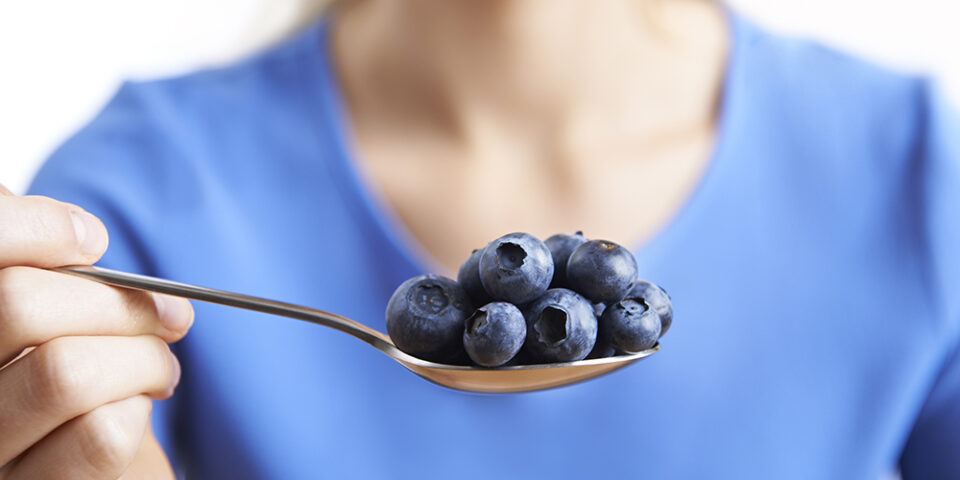What is the best diet if you have kidney disease?
If you have kidney disease, one of the most important ways you can protect your kidney health is by eating a healthy diet. Nephrologist Carlos F. Zayas, MD, explained what to eat – and what to avoid – to maintain the health of your kidneys.
How does what you eat affect your kidneys?
When you eat and drink, your kidneys filter the waste and extra fluid your body doesn’t need through urine. This is important because it keeps your body clean and healthy. If you have kidney disease, waste and fluid can build up, damaging your kidneys until they can no longer function properly.
What diet is best for keeping kidneys healthy?
If you do not have kidney disease, Dr. Zayas said it’s best to eat a balanced diet that includes good hydration, fruits and vegetables, fiber, and a limited amount of protein.
For patients with chronic kidney disease, Dr. Zayas offered four ways you can adjust your diet to maintain your kidney function.
Stay well hydrated
The way to know if you’re drinking enough fluids is the color of your urine – it should be pale yellow. If the color is dark, you could be dehydrated, which can lead to further kidney damage. How? “Dehydration lowers the blood pressure,” Dr. Zayas explained. “Lower blood pressure can lead to a lack of circulation to the kidneys which will perpetuate the lack of oxygen and cause further damage.”
Limit potassium
Once kidney function drops to a certain level, potassium is more difficult for the kidneys to handle. “High potassium can lead to muscle weakness or changes in the way your heart pumps properly, so it’s important to restrict potassium,” Dr. Zayas said.
Foods that are rich in potassium include:
- Bananas
- Potatoes
- Citrus, especially oranges
- Tomatoes
When it comes to fruit, blueberries are a healthier choice as they have the lowest concentration of potassium. They are also a good source of fiber and antioxidants.
Make good protein choices
“I usually recommend that patients with chronic kidney disease restrict the amount of nitrogen they consume, and nitrogen is primarily found in animal protein,” Dr. Zayas said.
Fish and poultry have lower protein levels than red meat making them healthier choices.
Talk to your doctor or nutritionist before taking vitamins or supplements
Vitamins are important for your body, but excessive amounts of vitamins, such as vitamin C, can be harmful if you have decreased kidney function.
“The best way to tailor your diet to your particular needs is to talk to your doctor and to be referred to a nutritionist,” Dr. Zayas said. “We are all different, so there’s not a particular diet that is right for everyone. A nutritionist can help you figure out a diet that is best for you.”
Find a doctor
Whether you’re looking for a primary care physician or need to see a specialist, we’re here to help with experienced, compassionate care near you.
Find a Doctor

